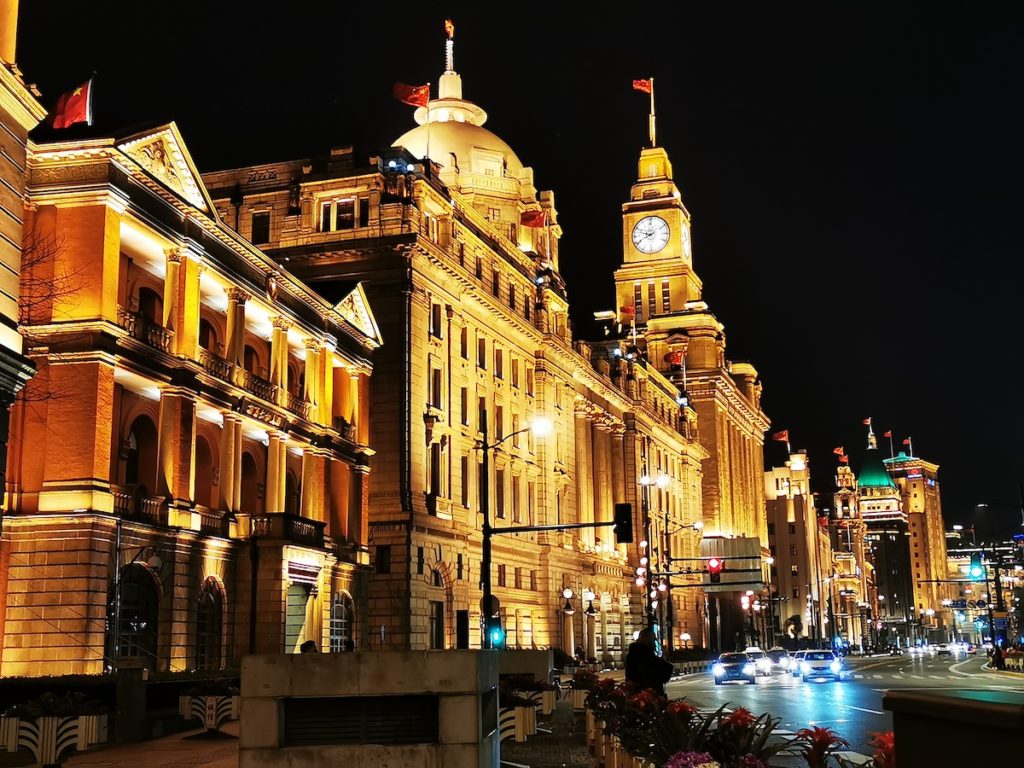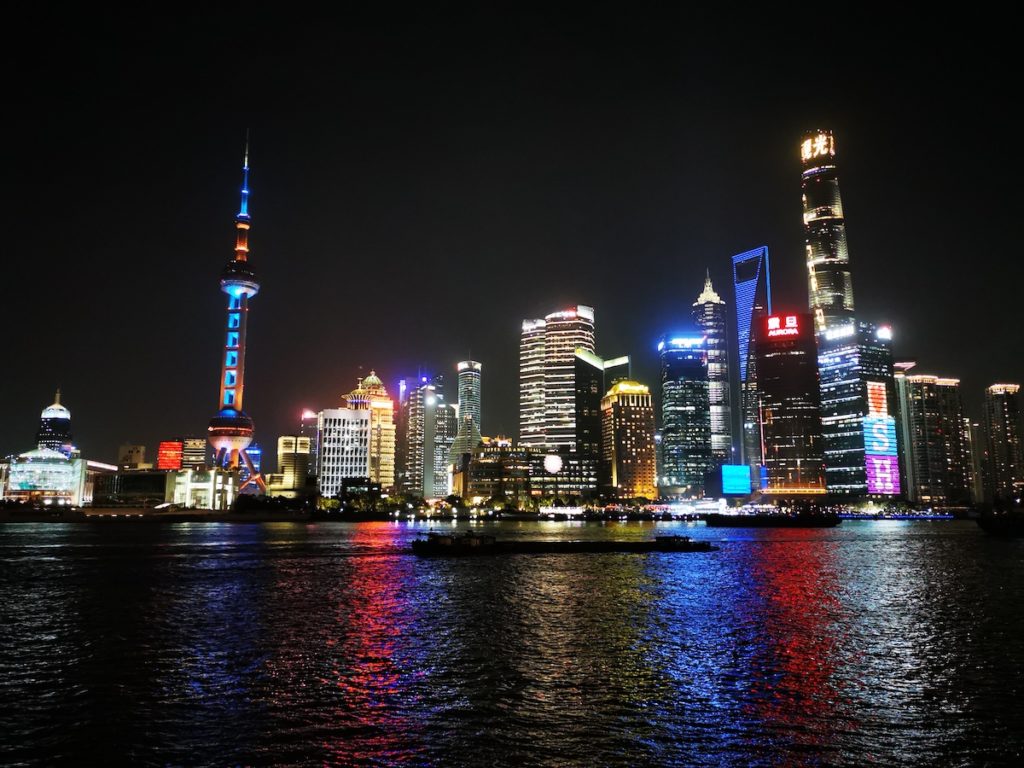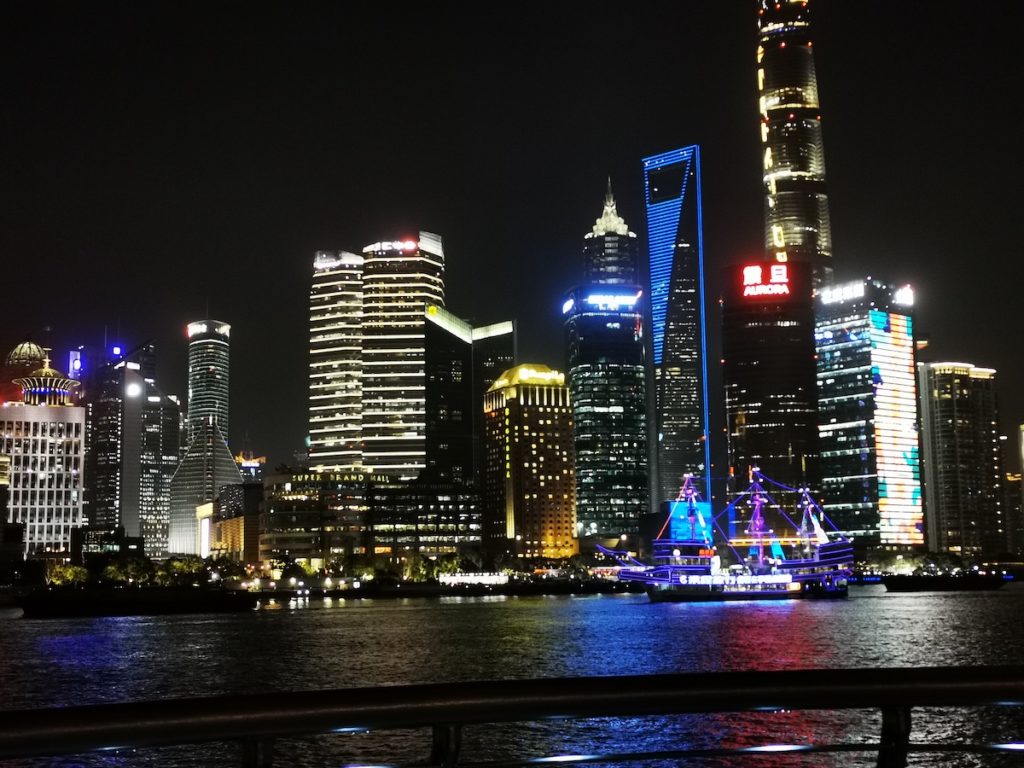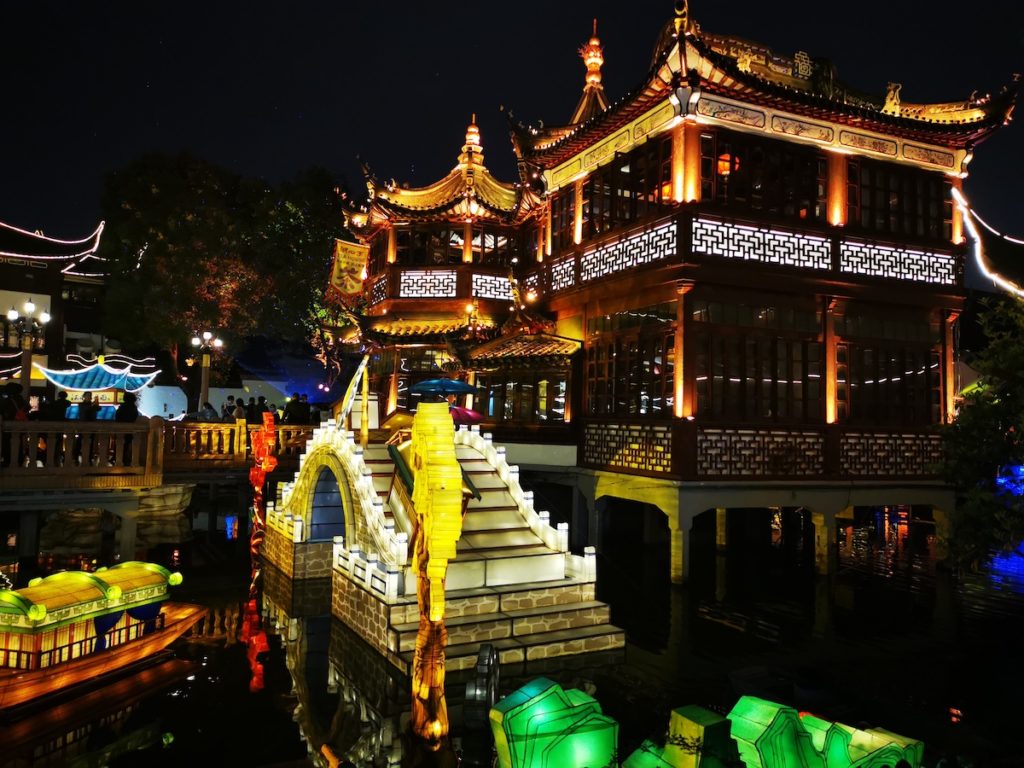While I had never been to Shanghai before, I knew it as a big city in China, a leader in economic development and tourism. This is a busy city where people always work hard. Shanghai has a special name: “The Magic Capital.” Not many people know why Shanghai is called The Magic Capital, so let me tell you.
The origin of the magic capital
In the 1920s and 30s, Westerners referred to Shanghai as the “Greatest City of the Far East,” and the “Paris of the Orient.” However, at the beginning of the 20th century, the Japanese writer Shofu Muramatsu, who lived in Shanghai, witnessed Shanghai’s rapid development, from a small village into an international metropolis, which seemed to happen as if by magic, Shofu Muramatsu was inspired by this transformation to write the best-selling novel, “Mato”. In Japanese, the name means “Demon City” and alludes the criminal underworld in the city. In Chinese, the name translates to “Magic Capital” and the name stuck.
Shanghai in the last century :


Shanghai Today:

what’s so magical about the magic capital of Shanghai? Let’s visit this familiar and mysterious city together.
The Bund
When most people think about Shanghai, they think of Shanghai’s iconic attraction, the Bund. On the east side of the Bund is the vast Huangpu River and embankment, and Lujiazui across the river. On the west side of the Bund stands a variety of styles of Chinese and Western buildings, known as the “Universal Complex”: every night, the lights are bright, magnificent.


On the east side of the Huangpu River is Lujiazui, where the Oriental Pearl Radio and TV Tower, one of Shanghai’s iconic buildings, is located. The tower is about 468 meters high, and boasts a space capsule and revolving restaurant. Shanghai’s Urban Development Pavilion and other attractions are located here. The Oriental Pearl is a favorite photo opportunity for visitors to Shanghai.


Yu Garden
On this, my first trip to Shanghai, I was looking forward to seeing Yuyuan, the famous Yu Garden. It is a Jiangnan classical garden, covering an area of 20,000 square meters. Yuyuan is characterized by a variety of ancient trees, famous trees, brick carvings, stone carvings, mud sculpture, and wood carving. The layout is exquisite and full of charm.
Isn’t it amazing to have such a classical garden in this bustling Shanghai, like a quiet, relaxing specialty coffee shop on a noisy street?


Yuyuan Old Street
Yuyuan Old Street is located at the northern end of Yuyuan Mall, near the Chenghuang Temple Scenic Area. There are a variety of shops here-Shanghai Old Restaurant, Nanxiang Steamed Bread Store, Shanghai Lijiaotang and other well-known gourmet shops. Contains shops with themes such as traditional specialty goods, household goods, craft gifts, and festive supplies. Among them, the characteristic Shanghai dim sum at Lvbolang, the vegetable buns at Songyuelou, the pigeon egg balls at Osmanthus Hall, the eight-treasure rice, Nanxiang Xiao Long Bao (soup dumplings), and fermented rice balls at Songyunlou, and the Huxin Pavilion at Jiuqu Bridge are especially popular.
After nightfall, the lights everywhere brighten the street and the hearts of tourists. Everywhere, people yearn for the light, in this noisy city, to stop, step away from office fatigue, put their troubles behind, and enjoy the peaceful calm of the Magic City’s night.




Now more and more Chinese tourists and foreign tourists alike visit Shanghai, not only because of its prosperity, but also because of its unique charm. Are you interested in Shanghai? Would you like to hear more about its special attractions or its food specialties? I will share more of the magic of Shanghai in future stories. Stay tuned!
Do you enjoy My Chinese Home Kitchen?
We enjoy sharing these authentic home recipes with you. To learn more about My Chinese Home Kitchen, please visit our About page.
Please leave a comment, or SUBSCRIBE to our newsletter.
For more of our original videos, visit My Chinese Home Kitchen on YouTube and Rumble.


